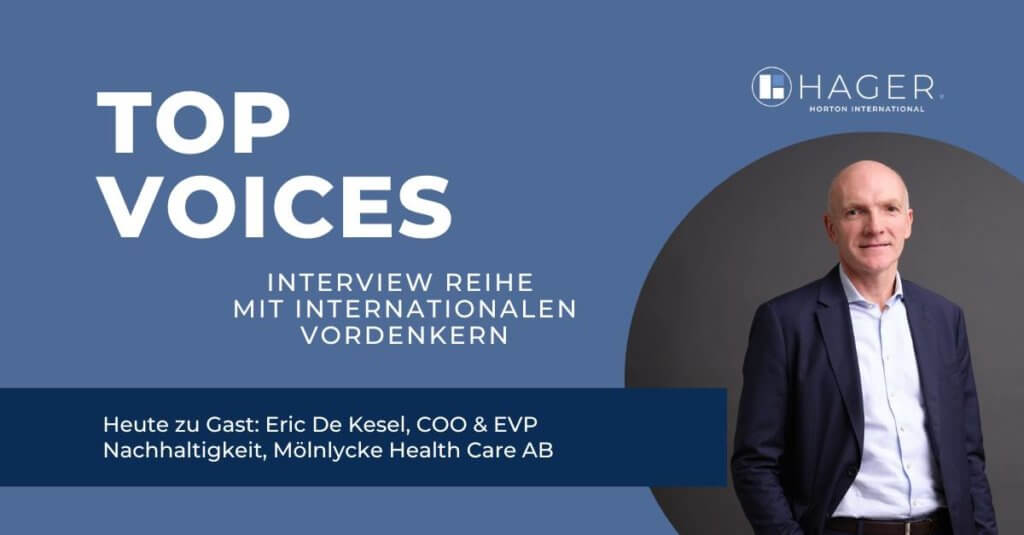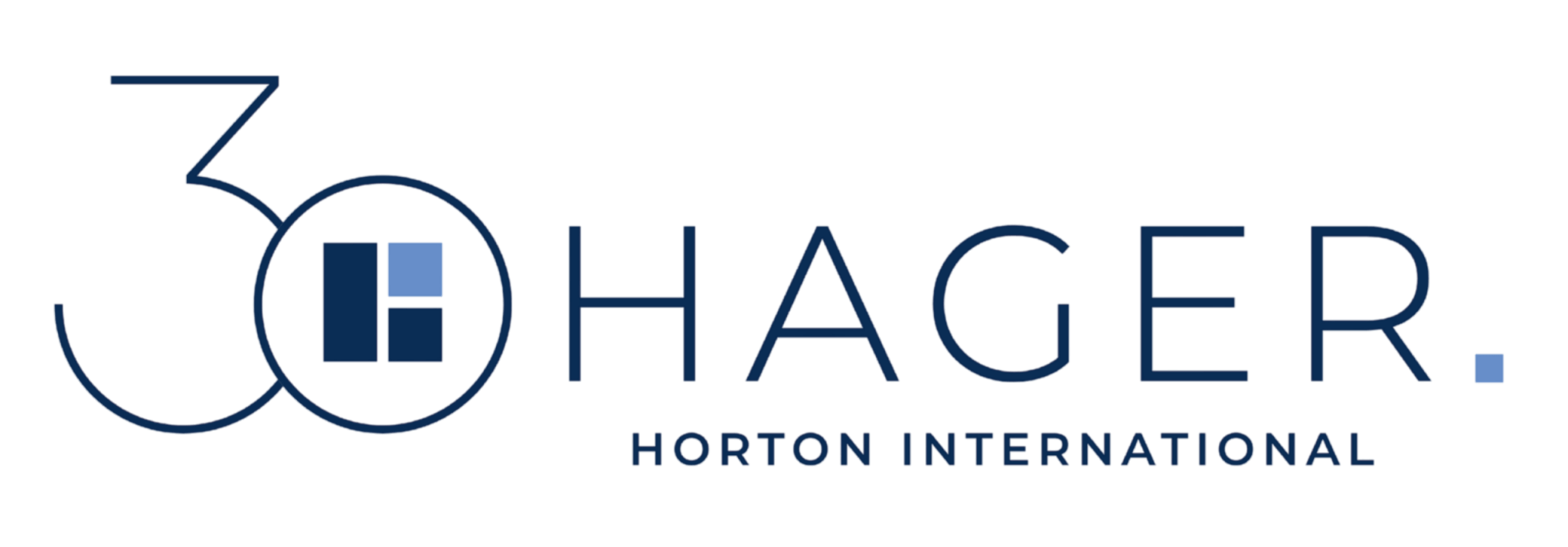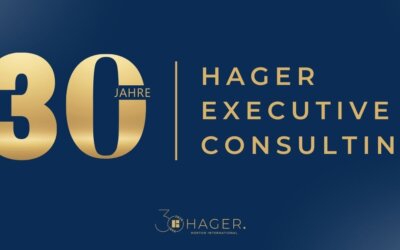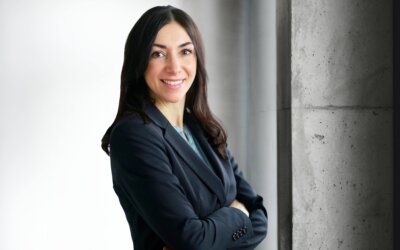
In an interview with Dr Markus Neumann from the HAGER Life Sciences Practice, Eric De Kesel, responsible for sustainability at the Swedish medical device manufacturer Mölnlycke, explains how disposable products can still generate a good eco-balance. He says: ‘Ethical behaviour attracts ethical behaviour’. But it is not only this successful formula that is exemplary.
Global market leader Mölnlycke Health Care is on its way to becoming a zero-waste company and is continuously reducing the ecological footprint of its products and processes. What considerations and regulations is Mölnlycke’s sustainable future based on?
ERIC DE KESEL: ‘Our goal is to improve healthcare worldwide. And sustainability is a strategic priority. We have recognised how important it is to reduce our CO2 emissions along our entire value chain. We are building a sustainable ecosystem for the production of the healthcare solutions we offer, including minimising product waste and improving efficiency in the use of raw materials. By 2030, 95 per cent of our packaging will be recyclable. More than 80 per cent of all packaging will be made from recycled (PCR) and/or renewable material.
Our sustainability goals are based on the relevant international conventions, including the goals of the United Nations Paris Climate Agreement. The findings of science are fundamental to everything we do. The key figures in accordance with the standards of the Global Reporting Initiative (GRI) and the OECD Guidelines for Multinational Enterprises are decisive for us. By 2050 at the latest, we want to achieve net-zero emissions along the entire value chain and both reduce material consumption and decouple it from our growth. With ‘WeCare’, we have developed a medium and long-term plan (‘roadmap’) to create shared value for all our stakeholders. We see sustainability as a driver of growth, innovation and productivity and as an essential part of our value proposition to our employees.’
How does ‘WeCare’ steer the path to sustainable transformation?
ERIC DE KESEL: ‘We have defined three pillars for the “WeCare Roadmap”: “Green mindset”, “Responsible relationships” and “Ethical business”. According to our relevance analysis, these are the most important topics that represent risks and opportunities for Mölnlycke and its stakeholders. When we focussed entirely on sustainable thinking and action, we also opted for an integrative mindset. In our experience, integration, i.e. the consolidation of all three pillars in all functions and business areas of the company, is the key to innovation and high effectiveness. The close integration of sustainability work with all business areas enables us to recognise challenges at an early stage. We can also measure the extent and significance of these challenges and then respond to them. It is important for Mölnlycke to constantly measure and improve its own sustainability approach.’
‘The aim is to make Mölnlycke a global leader in the field of sustainable healthcare.’
Eric De Kesel, COO & EVP Nachhaltigkeit, Mölnlycke Health Care AB
Mölnlycke manufactures disposable medical products – is this compatible with sustainability and zero waste?
ERIC DE KESEL: ‘Mölnlycke does not compromise on the safety and quality of its products; our promise is to be a supplier in the premium segment. At the same time, we endeavour to offer our customers solutions with the smallest possible ecological footprint. Finding the right balance here is not always easy. Life cycle analysis (LCA) is our most important approach to sustainability in product development. The assessment helps us to ensure that the prudent use of natural resources and the environment forms the basis for Mölnlycke’s sustainable business growth and supports Mölnlycke’s commitment to meeting our customers’ growing need for sustainable products while ensuring patient safety. Reusable products are not always the best option due to high resource consumption and should be analysed on a case-by-case basis, taking into account the impact on the entire value chain.
Your goal is a global zero balance. How far has Mölnlycke come with renewable energies in terms of sustainable growth?
Your goal is a global zero balance. How far has Mölnlycke come with renewable energies in terms of sustainable growth?
ERIC DE KESEL: ‘We plan to source 100 per cent of the electricity at all our sites worldwide from fossil-free sources by the end of 2024. We already have a cumulative share of up to 57 per cent fossil-free electricity at our production sites. One example: since the beginning of 2020, the electricity at our plant in Finland has been 100 per cent carbon-free. The energy that supplies the production facilities, lighting, cooling and waste systems there comes from a combination of wind, solar and hydropower. We are working with ENGIE Impact, the sustainability consulting division of the world’s leading low-carbon energy and services company, to achieve our global net zero target – from strategy to implementation.’
Part of any ethical behaviour is the willingness to help. How does Mölnlycke live by this code?
ERIC DE KESEL: ‘We are committed to acting in a socially responsible manner that benefits our customers, patients and society in the long term. We are aware of our responsibility and want to have a lasting positive impact. We support medical charities that can deliver credible and measurable results and are in line with our ethical guidelines. With ‘Operation Smile’, we support a global, dedicated charity that provides free and safe surgery for children with cleft lip and palate. In addition to donations in kind, we also support ‘Operation Smile’ with volunteers and train medical professionals in infection prevention.
In autumn 2023, we plan to open a centre of excellence for cleft treatments in the Philippine city of Cebu together with ‘Operation Smile’. We are also working with ‘Debra International’ – a network that is committed to improving the quality of life of people with the rare genetic skin disease epidermolysis bullosa (EB), also known as ‘butterfly disease’. The wound plasters that we have developed specifically for this disease are recognised worldwide as the gold standard in treatment.’
Would you have a ‘tool kit’ along the lines of Mölnlycke that would help companies to sustainably reorganise important business areas beyond the legal requirements?
ERIC DE KESEL: ‘It would be wonderful if there was such a fixed “kit”. But every path to transformation is different, depending on the company and the regulations of the country in which it is based. ESG, whose components – Environmental, Social, Governance – are still being developed, illustrates how broadly the topic of sustainability should be applied. Mölnlycke recognises its responsibility – this is a good starting point to begin the journey. We recognise the central role of social responsibility and involve our employees in a targeted manner. Instead of applying a rigid ‘tool kit’, companies should take action and boldly take appropriate measures. Even if you fail, the lessons learnt can be used to correct your own ESG path.’
How does Mölnlycke motivate its employees to act sustainably?
ERIC DE KESEL: ‘In our company, employees are really very motivated to work sustainably of their own accord. We attach great importance to creating a first-class workplace where ethical behaviour is crucial. We actively promote awareness of integrity and encourage our employees to express their opinions freely. This is because we firmly believe that promoting diversity not only teaches tolerance for individual differences, but also helps to foster innovative thinking. To support this, we offer our employees comprehensive support, including regular meetings, learning and leadership programmes and training. Overall, this creates a snowball effect where ethical behaviour attracts even more ethical behaviour.’
‘Ethical behaviour attracts ethical behaviour.’
Eric De Kesel, COO & EVP Nachhaltigkeit, Mölnlycke Health Care AB
Does the sustainable step ahead also apply to partners and suppliers?
ERIC DE KESEL: ‘Absolutely. Mölnlycke expects its partners to act just as responsibly and ethically. We promote and demand values of our corporate culture such as fairness and transparency from our suppliers and ask them to do the same with their own partners and suppliers. The company’s Supplier Code of Conduct is designed to ensure responsible business practices and respect for human rights in the supply chain. Compliance with these principles is an important factor in the selection of suppliers and business partners. If concerns are raised, we work with the partner to investigate these issues and, if necessary, encourage the development of higher standards.
If the partner does not change its behaviour, Mölnlycke will refrain from working with it whenever possible. Mölnlycke continuously monitors its efforts to fulfil its own standards as well as the needs and expectations of its customers and stakeholders. Annually, Mölnlycke reports on its progress to the UN Global Compact. All reporting, including disclosure of information on human rights, connected communities, labour conditions, discrimination and harassment in our operations. Furthermore, modern slavery at the corporate level is reported in accordance with local requirements for reporting non-financial information.’
How does Mölnlycke organise its talent management, and do you notice a shortage of skilled workers like in Germany?
ERIC DE KESEL: ‘The shortage of skilled labour is not as noticeable at Mölnlycke as it is elsewhere. A good 70 per cent of our managers have developed within our company, so they are insiders, which we very much encourage. Mölnlycke owes its attractiveness to the purpose for which we stand. Our product portfolio and our research bring positive benefits by improving the lives of many people. This purpose gives us a certain reputation that is reinforced by our sustainability profile, which is very attractive to existing and potential employees. In this way, we minimise talent turnover, even though we don’t have targeted talent recruitment programmes.’
Thank you very much for the interview, Mr De Kesel!
About Mölnlycke:
Mölnlycke is a global leader in medical products and solutions for the healthcare sector. Its core business lies in the four business areas of wound care, operating theatre solutions (ORS), disposable gloves and antiseptics.
Mölnlycke employs around 8,700 people and operates in more than 100 countries worldwide. The head office is located in Gothenburg, Sweden. Mölnlycke is owned by Patricia Industries, part of the investment company and industrial holding Investor AB (founded in 1916 by the Wallenberg family), www.molnlycke.com
Eric De Kesel:
(born 1965) has held management positions at Mölnlycke Health Care since 2002. As Chief Operating Officer (COO) and Executive Vice President (EVP) Sustainability, the Belgian native is responsible for the development and implementation of the sustainability strategy at Mölnlycke Health Care
Sources:
1. Beele H. et al. A prospective randomized controlled clinical investigation comparing two post-operative wound dressings used after elective hip and knee replacement; Mepilex® Border Post-Op versus Aquacel® Surgical. International Journal of Orthopaedic and Trauma Nursing, 2020.
2. Zarghooni, K. et al. Is the use of modern versus conventional wound dressings warranted after primary knee and hip arthroplasty? Acta Orthopaedica Belgica, 2015.
3. Bredow J. et al. Evaluation of Absorbent Versus Conventional Wound Dressing. A Randomized Controlled Study in Orthopedic Surgery. Deutsches Ärzteblatt International, 2018.



